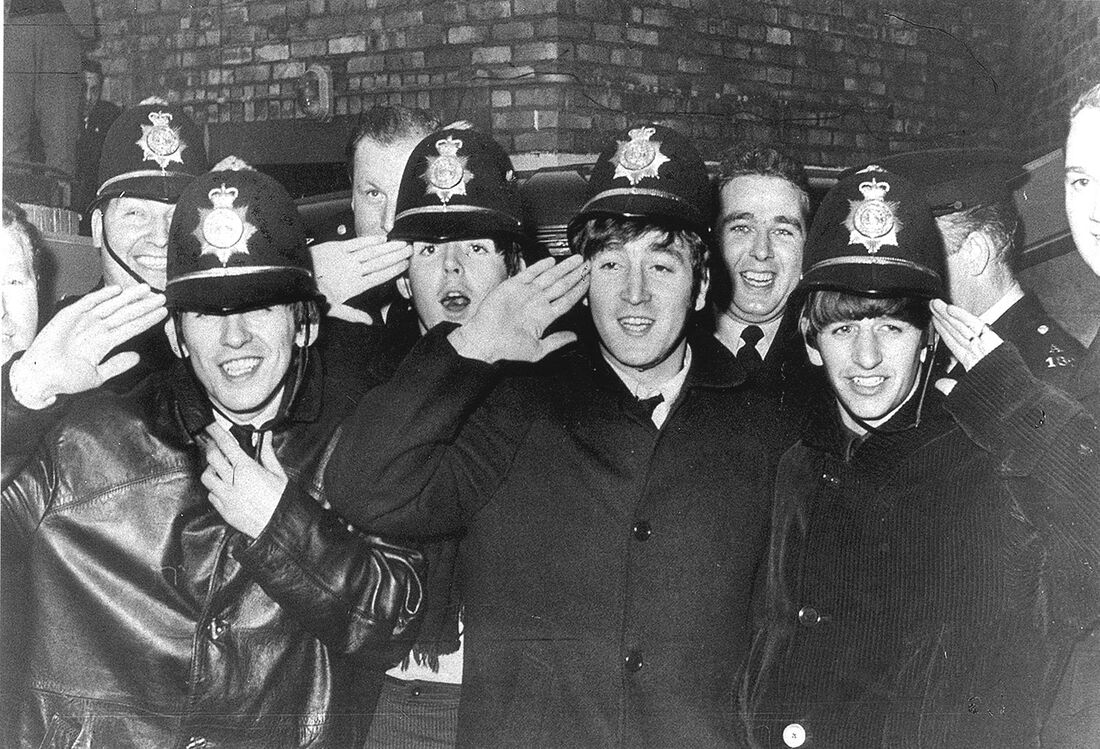This conservative and evangelical push against these teen idols was also motivated in part by the political power these groups held over their children, and worried that they would further destabilize their grasp on social power, especially in the South. The Beatles outwardly refused to play segregated shows and often took openly anti-racist positions, pitting them even more against the segregationist platform southern conservatives were pushing at the time. This collision between pop culture and evangelical politics was bound to explode, and two Birmingham DJs lit the fuse with their “Ban the Beatles” movement, beginning in late July of 1966.
What caused the spark for this movement? Interviews with Paul McCartney and John Lennon were republished in a “Shout-Out” edition of the Datebook magazine on July 29th, 1966. In these pieces, Lennon addressed the decline in England of fervor for the Anglican church, going so far as to say the Beatles were “more popular than Jesus”, as a way of highlighting this diminishing impact of Christianity in Britain. McCartney also stated that the US was “a lousy country to be in” given the pervasive influence of racism. Tommy Charles and Doug Layton discussed loosely the content of these interviews, possibly misunderstanding them, and subsequently, they declared that the station would not play the Beatles’s music anymore, because they deemed the statements anti-Christian. Further dissent in the evangelical South and among other radio stations and retailers led to public burnings and disposals of Beatles records and memorabilia. Although WAQY never hosted a burning themselves, they had scheduled one, along with encouraging listeners to send in any Beatles merch they owned to be disposed of.
Later, while the Beatles were on their last-ever American tour, Lennon addressed the controversy at a press conference in Chicago, saying, “I wasn't saying the Beatles are better than Jesus or God or Christianity. I was using the name Beatles because I can use them easier, 'cause I can talk about Beatles as a separate thing and use them as an example… I could have said TV, or cinema, or anything else that's popular, or motorcars are bigger than Jesus. But I just said Beatles because, you know, that's the easiest one for me.” WAQY canceled their scheduled burning in response, and many people in the media were satisfied, but others carried the controversy beyond. Public burnings continued, with groups from Christian youth to the KKK participating in the stand against the Beatles. These events also contributed to the end of the Beatles’ touring career, and made the band very angry, as well as adding to the flames of tension between the new popular culture and the ideals of the old American ways of life.
Contentions such as this demonstrate the attitudes and the complicated feelings that people had to all of this social upheaval of the 1960s. The outrage these passing comments started are an interesting look into how invested people were about such issues then, as well as a sort of funny instance of a cultural clash that still takes place in many forms in more recent times, such as the controversy with Lil Nas X’s “Satan Shoes” and the issues surrounding the Moral Majority in the 1980s, just to name a couple.
Author


 RSS Feed
RSS Feed